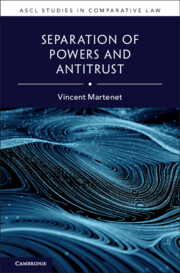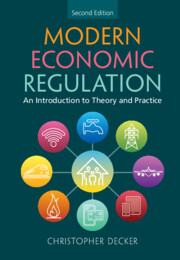Digital technology brought informational saturation to our lives. In cyberspace, private and business users need help to make valuable pieces of information stand out from the noise of excessive information. With search algorithms, recommender systems, and online advertising, digital platforms specialised in providing relief for this problem. Their technologies arrange digitalised information to make it intelligible and relevant for individuals. But the separation of information from noise did not only become a necessity to comfortably navigate the depths of the web, it also became a commodity. There is a demand for it, a supply, a price, and an exchange on markets which is enabled by private law. The examples of general search, recommender systems, and online advertising illustrate that. At the same time, their commodification can become problematic. This paper argues that in the European Union (EU), the separation of information from noise has become a contested commodity according to M. J. Radin’s framework. The Digital Services Act and the Digital Markets Act purposefully limit the influence of the market price mechanism on the design and allocation of the separation technology to protect legal goods like the democratic process, innovation, and privacy.

